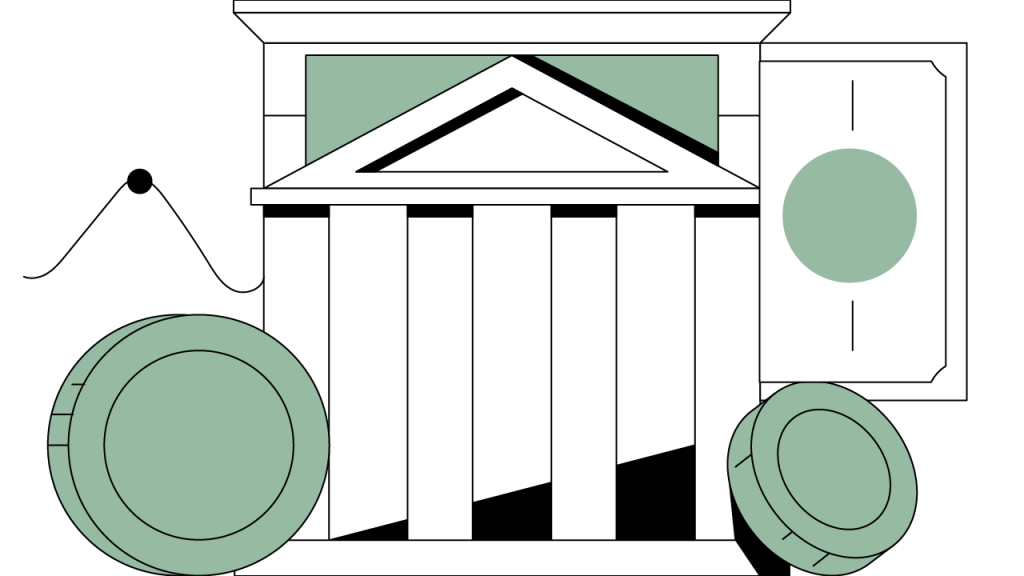What Is MiCA?
Learn about the regulatory framework for cryptocurrency in the EU and its significance for the industry.
Updated December 18, 2024 • 1 min read

Summary
Markets in Crypto-Assets (abbreviated to MiCA) is a legislative framework which was adopted by the European Union in 2023. The purpose of the framework is to regulate services which relate to cryptocurrency and other types of digital assets. The framework covers a variety of different components of the crypto ecosystem, including tokens, platforms, stablecoins, and more.
What Is MiCA?
Markets in Crypto-Assets (abbreviated to MiCA) is a legislative framework which was adopted by the European Union in 2023. The purpose of the framework is to regulate services which relate to cryptocurrency and other types of digital assets. The framework covers a variety of different components of the crypto ecosystem, including tokens, platforms, stablecoins, and more.
It seeks to prevent abuse of the market, enhance consumer protection, and ensure that crypto projects and service providers do not operate outside of the boundaries of financial law.
MiCA was first published in June 2023, with certain provisions becoming enforceable in June 2024, additional rules taking effect by the end of 2024, and full implementation planned by mid-2026.
Why Is MiCA Needed?
A major reason for the creation of MiCA was to harmonize the varying regulations on cryptocurrency seen throughout the EU member states. In the past, each of these states has operated their own regulatory frameworks, making it somewhat challenging and unpredictable for crypto companies to operate in the region as a whole. MiCA attempts to solve these issues by having a single ruleset across all of the member states, which offers regulatory clarity to businesses operating there. It also offers customers the same level of regulatory assurance and protection, no matter where they are in the European Union.
Do Other Regions Have Similar Frameworks?
MiCA might be viewed as one of the most comprehensive and pioneering regulatory frameworks for crypto and digital assets, but other parts of the world do have their own frameworks which are similarly intended to unify crypto regulation. Below are examples of other nations’ current regulatory frameworks and whether they have an equivalent to the EU’s MiCA.
In the United States, regulation is more fragmented. It is regulated by multiple entities including the Securities and Exchange Commission (SEC) and the Commodities and Futures Trading Commission (CFTC). The US has yet to propose an equivalent framework to the EU’s MiCA.
In Japan, a regulatory framework has been in place since 2017 with a focus on anti-money laundering (AML) and know your customer (KYC) requirements. It was one of the first countries in the world to have a regulatory framework focused on cryptocurrency.
In Singapore, The Payment Services Act (PSA) emphasizes AML and counter-terrorist financing (CFT) regulations. The PSA requires digital payment token services to implement robust AML and CFT measures, ensuring the integrity of the financial system.
In the United Kingdom, the Financial Conduct Authority recently announced a roadmap which demonstrates plans to implement its equivalent to the European Union’s MiCA by 2026.
The Bottom Line
MiCA represents a significant step forward in international regulation surrounding the crypto sector. However, there is still much to be done in order to unify fragmented regulatory stances in different regions. The framework is central to fostering trust in cryptocurrency in the EU and beyond. As other jurisdictions learn from its implementation, MiCA has the potential to pave the way for a more cohesive and globally minded approach to regulating an important aspect of the modern financial ecosystem.
Cryptopedia does not guarantee the reliability of the Site content and shall not be held liable for any errors, omissions, or inaccuracies. The opinions and views expressed in any Cryptopedia article are solely those of the author(s) and do not reflect the opinions of Gemini or its management. The information provided on the Site is for informational purposes only, and it does not constitute an endorsement of any of the products and services discussed or investment, financial, or trading advice. A qualified professional should be consulted prior to making financial decisions. Please visit our Cryptopedia Site Policy to learn more.

Is this article helpful?

